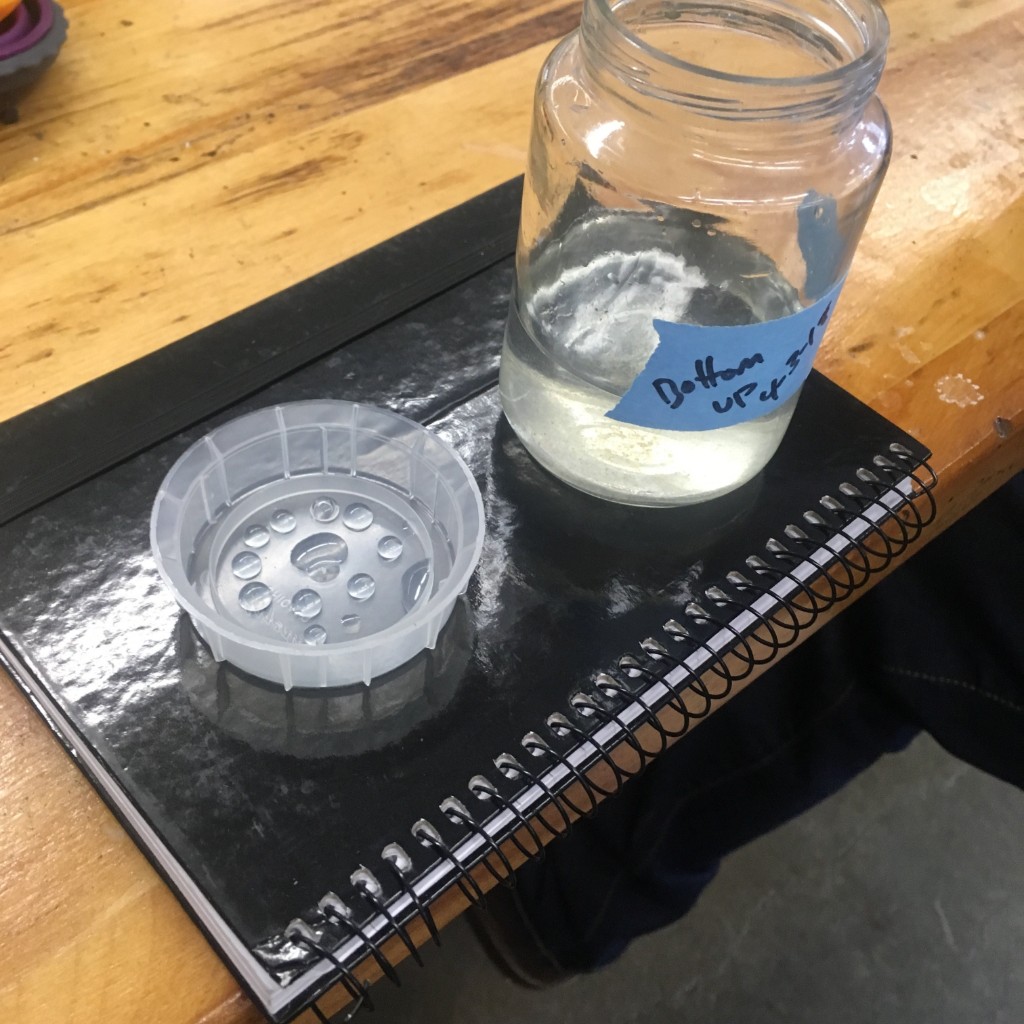Food Chain Dynamics In A Simple Ecosystem
By Jessica Joyner, J. Phil Gibson, Anna Petrovicheva

Module Description:
Demonstrating predator-prey dynamics rarely fit the timeline of a lecture course or the scope of student experiences. This lab explores food chain dynamics in a microcosm of a simplified ecosystem with a primary producer and a grazer. It can be accomplished in two class sessions (one for experimental setup and the other for data collection). The primary producer is a marine algae and the grazer is brine shrimp (Artemia sp.), both of which are accessible and have low risk in culturing and maintenance. For the ecological context of predator-prey dynamics, the population densities are compared after a 2-week incubation of student designed experiment. Additionally, the concepts of 'bottom-up' or 'top-down' influences on an ecosystem can be taught and discussed in a broader context of ecosystem ecology.
Teaching Setting:
The module was designed for used in an introductory Ecology course with a mix of Biology and Sustainability majors, most of which were upperclassmen. The resource includes the lab exercise, a hypothesis workshop, teaching notes, and Excel sheet templates to estimate population sizes and compare means among groups via t-test or ANOVA.
Full Citation:
|